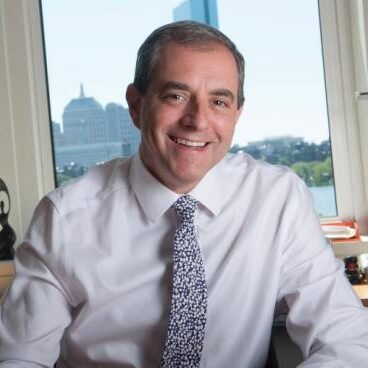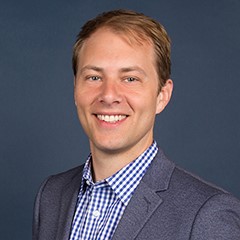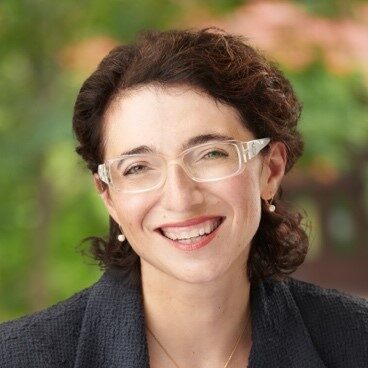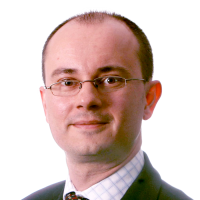(By invitation only)
The past two decades have seen unprecedented changes in our labor markets. Starting in the 1980s and 1990s, jobs typically performed by white-collar workers were increasingly automated, leading to concern that new technologies may “wreck the Middle Class.” Today, the robotization of work processes and breathtaking progress in Artificial Intelligence continue this process, affecting workers of all education levels. New services sector developments facilitated by digital technologies created jobs that did not exist 15 years ago. While sometimes lauded for the flexibility these developments provide for workers and customers alike, there are also serious concerns about the lack of regulation that supports job, social, and health security for those employed in these industries.
These new technologies will shape how we work in the future and provide tremendous challenges for policymakers, worker representatives, and employers. They call for economists to offer decision-makers the information needed to shape the opportunities that result from this technological development in a way that enhances the welfare of our populations.
This panel brings together world-leading experts to discuss these issues. Each panelist has contributed significantly through their research and expertise to the debate on the subject and to our understanding of how these developments have affected modern labor markets over the past decade and how policies can help avoid pitfalls and take advantage of new opportunities.
Panelists
David Autor is Ford Professor in the MIT Department of Economics, codirector of the NBER Labor Studies Program and the MIT Shaping the Future of Work Initiative. His scholarship explores the labor- market impacts of technological change and globalization on job polarization, skill demands, earnings levels and inequality, and electoral outcomes. Autor has received numerous awards for both his scholarship—the National Science Foundation CAREER Award, an Alfred P. Sloan Foundation Fellowship, the Sherwin Rosen Prize for outstanding contributions to the field of Labor Economics, the Andrew Carnegie Fellowship in 2019, the Society for Progress Medal in 2021—and for his teaching, including the MIT MacVicar Faculty Fellowship. In 2020, Autor received the Heinz 25th Special Recognition Award from the Heinz Family Foundation for his work “transforming our understanding of how globalization and technological change are impacting jobs and earning prospects for American workers.”

Kerwin K. Charles joined Yale in 2019 as the Indra K. Nooyi Dean and Frederic D. Wolfe Professor of Economics, Policy, and Management at the Yale School of Management (SOM). Previously, he was the Edwin A. and Betty L. Bergmann Distinguished Service professor at the University of Chicago. He has studied and published on a range of topics including earnings and wealth inequality, conspicuous consumption, race and gender labor market discrimination, health and the labor market, the effects of housing booms and busts, and non-employment in the economy. Among other professional duties, he recently served as the vice president of the American Economics Association, and is on the Board of several academic and nonprofit entities. He is also a Research Associate at the National Bureau of Economic Research. He is an elected Fellow of the Society of Labor Economics; a Fellow of the American Academy of Political and Social Science; and an elected Fellow of the American Academy of Arts & Sciences.

David J. Deming is the Isabelle and Scott Black Professor of Political Economy and the Academic Dean of the Harvard Kennedy School. His research focuses on higher education, economic inequality, skills, technology, and the future of the labor market. Deming is past editor of the American Economic Journal: Applied Economics and the Journal of Human Resources. In 2018 he was awarded the David N. Kershaw Prize for distinguished contributions to public policy and management under the age of 40, and in 2022 he was awarded the Sherwin Rosen Prize for outstanding contributions to Labor Economics. Deming’s recent work focuses on the economic importance of teamwork and decision-making, and creating and testing performance-based measures of “soft” skills.

Ioana Marinescu is an associate professor at the University of Pennsylvania School of Social Policy & Practice, and a Research Associate (on leave) at the National Bureau of Economic Research. Her expertise includes antitrust policy for the labor market, the impact of technology on the labor market, and the design of income support policies like unemployment insurance and the universal basic income. Her research has been published in leading academic journals such as the Quarterly Journal of Economic and the Review of Economic Studies. She serves as an associate editor at the Quarterly Journal of Economics. She testified for policy makers, including Congress and the Federal Trade Commission. Her research has been cited in many media outlets including the New York Times, and the Economist.

Chair
Chris Giles became economics editor for the Financial Times in October 2004, having previously served as a leader writer. His reporting beat covers global and UK economic affairs and he writes a UK economics column fortnightly. In 2023, Chris was appointed an honorary professor of practice at UCL’s Policy Lab. Before joining the FT as economics editor, he was an economics reporter for the BBC, worked for Ofcom, the telecommunications regulator and started his career with seven years as an economist for the Institute for Fiscal Studies.
Chris loves numbers.
